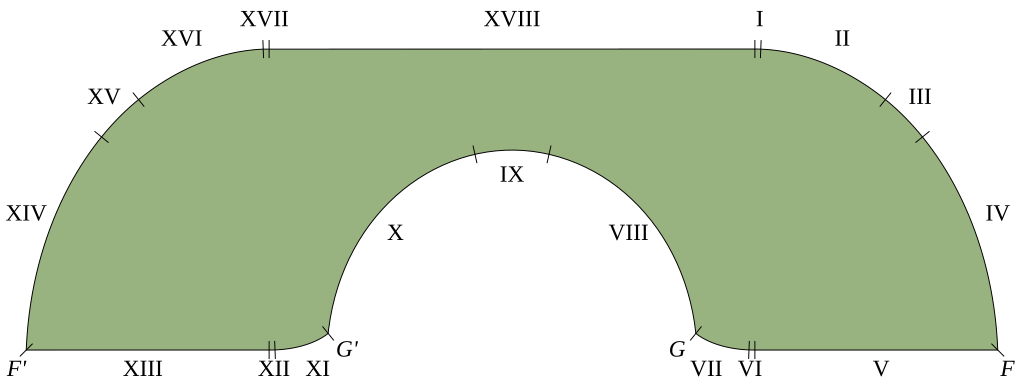Double Maths First Thing has toothache.
Hello! My name is Colin and I am a mathematician on a mission to spread joy and delight in figuring things out. And take my mind off of the dental work I had done yesterday. Send ibuprofen and puzzles.
Among several reasons to celebrate the election of Nicușor Dan in Romania is that the chap is an accomplished mathematician: he won two IMO gold medals in the 1980s, and I’m told he was one of only 11 candidates to solve the legendary question 6. Future Fields Medallist Terry Tao scored one point out of six. I’m sure Mr Dan has other qualities relevant to running a country as well. In the words of George III, “good luuuuck!”
Links
If we’re talking about Olympiads, Andrei Ciobanu has a long post about the “trickonometry” of IMO inequalities. (I’m slightly on the fence about whether competitive mathematics is a good thing, but Olympiads certainly generate some good problems.)
Among certain world leaders without maths degrees — and why would you elect one of those? — there seems to be a bit of a failure to understand the economic basics of supply and demand. If you’re in the same boat, Jason Fantl’s series on simulated economies is definitely worth reading.
I enjoyed Ben Orlin’s piece on why the number line freaks him out — it feels like a nice, gentle explanation of the different types of number you’ll find on the number line.
But wait… do numbers even exist? What about unicorns? Antoine Chambert-Loir wonders exactly that, finding evidence for all four possibilities.
I’m a bit of a sucker for tiling patterns and for Islamic-inspired art, so Laura Taalman’s post on Girih tiles was catnip to me.
Currently
It’s Finite Group livestream time — I gather this month’s show is about the Rubik’s Cube, which all right-thinking people know is impossible to solve. It’s on Friday 23rd at 7pm UK time; you can join the Finite Group for free, but only paying subscribers get access to the livestreams.
At the Aperiodical, it seems like Katie Steckles’s series on [one] to watch is back from the dead: interviews with maths/science YouTubers about their background, approach and content. And it wouldn’t be Katie if she didn’t ask who the audience is.
That’s all I’ve got for this week. If you have friends and/or colleagues who would enjoy Double Maths First Thing, do send them the link to sign up — they’ll be very welcome here.
If you’ve missed the previous issues of DMFT or — somehow — this one, you can find the archive courtesy of my dear friends at the Aperiodical.
Meanwhile, if there’s something I should know about, you can find me on Mathstodon as @icecolbeveridge, or at my personal website. You can also just reply to this email if there’s something you want to tell me.
Until next time,
C

